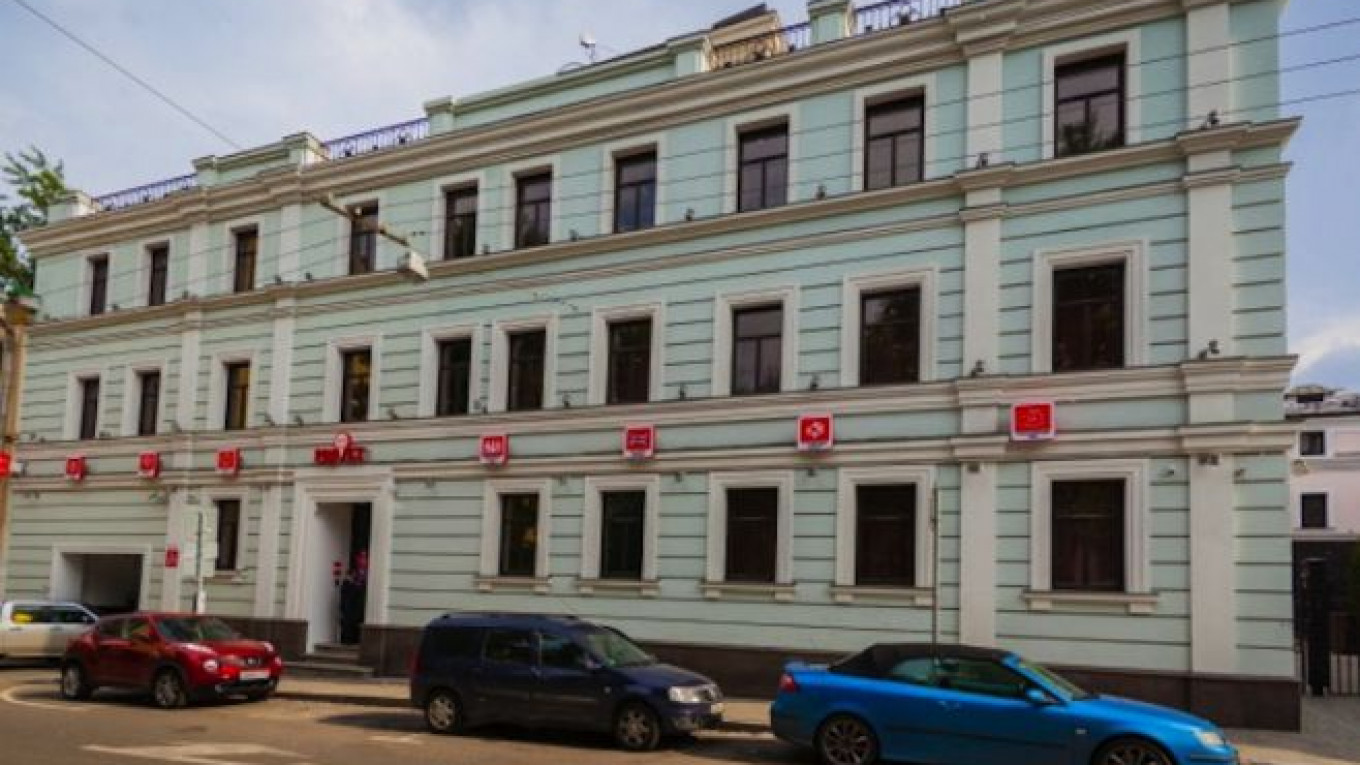Holding company Planet Hospitality has launched a $300 million project to establish hotel and motel chains in Russia capable of rooming more than 14,000 visitors by 2018, the year the country hosts the FIFA World Cup.
Planet Hospitality plans to open a total of 20 hostels with space for a total of 6,000 people, 50 three star hotels with 7,000 spaces, and 50 motels with 1,500 rooms, the holding's co-owner, Merab Elashvili, said during the official opening of the holding's first hostel last week, according to a statement on the company's website.
Elashvili, known in some circles as the King of Franchising, said that Planet Hospitality — which holds the Russian franchises to such restaurants as pizza chain Sbarro and Russian tavern Yolki Palki — will shell out $100 million for the project while attracting the remaining $200 million from other sources.
As well as building new stadiums and improving transportation infrastructure, making sure all World Cup fans have a place to stay is a priority for the tournament's organizers.
Sports Minister Vitaly Mutko said Saturday that about 1 million football fans were expected in Russia for the World Cup and that some of the 11 host cities have a long way to go before they are ready to cope with such an influx, ITAR-Tass reported.
Even Moscow needs about 10,000 new hotel rooms by 2018 to support the inflow of visitors, Sergei Shpilko, head of the city's tourism and hospitality committee, was quoted as saying by Gazeta.ru.
Planet Hospitality's new Privet Hostel in Moscow, which can put up 300 people in its 67 rooms, opened last Tuesday to put a small dent in that figure, with thousands more beds to follow.
Built at a cost of $2.5 million and trumpeted as the biggest hostel in all of Russia and the former Soviet republics, Privet Hostel is a far cry from the typical spartan refuge for backpackers that the term 'hostel' tends to imply.
Kitted out with all modern conveniences, it boasts a cinema, 24/7 bar, fitness hall, library, underground parking, a children's play area and, of course, Wi-Fi.
See also:
A Message from The Moscow Times:
Dear readers,
We are facing unprecedented challenges. Russia's Prosecutor General's Office has designated The Moscow Times as an "undesirable" organization, criminalizing our work and putting our staff at risk of prosecution. This follows our earlier unjust labeling as a "foreign agent."
These actions are direct attempts to silence independent journalism in Russia. The authorities claim our work "discredits the decisions of the Russian leadership." We see things differently: we strive to provide accurate, unbiased reporting on Russia.
We, the journalists of The Moscow Times, refuse to be silenced. But to continue our work, we need your help.
Your support, no matter how small, makes a world of difference. If you can, please support us monthly starting from just $2. It's quick to set up, and every contribution makes a significant impact.
By supporting The Moscow Times, you're defending open, independent journalism in the face of repression. Thank you for standing with us.
Remind me later.






